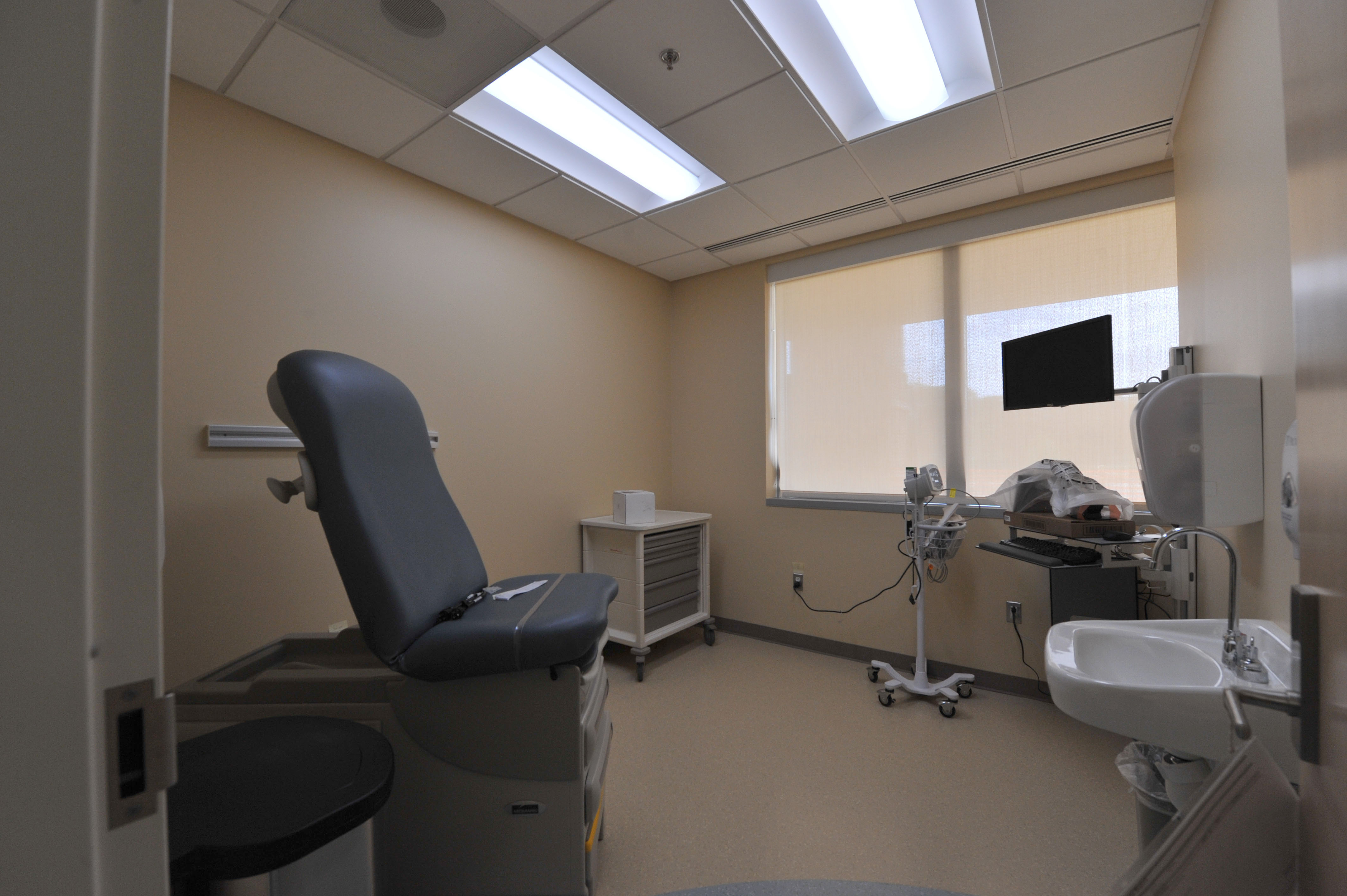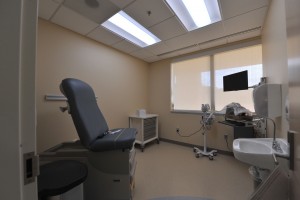Abortion access questionable

Study shows more needs to be done

The idea that abortion is as easily accessible or “on demand” as other healthcare services is one of the few myths Emmett MacFarlane and Rachael Johnstone are hoping to debunk in their study, “Public Policy, Rights, and Abortion Access in Canada.”
The study, based out of University of Waterloo, evaluates the availability and accessibility of abortion for all Canadian women.
It revealed that Quebec is the forerunner as its provincial government sees the issue as “rights-based.”
MacFarlane, professor at UW with a specialization in Canadian policy and public policy, said Quebec has the most widespread points of access.
“The national assembly in Quebec has been the most vocal in [saying] abortion is a right and it has the most widespread points of access on a per capita basis,” he said.
In second place is Ontario. The study indicated that urban areas provide more access than rural parts of Canada.
An urban area provides access in public hospitals or clinics however information can still be difficult to obtain.
Those who reside in Northern Ontario where access is sparse must drive to the Greater Toronto Area to obtain service.
Other factors that need to be considered as well are low-income and underage women.
“If you’re a low-income woman or you are underage and you do not want you parents involved in the decision, that’s a huge obstacle in practice so these problems exist even in provinces where we find a healthy delivery of services,” MacFarlane explained.
He added that the biggest misconception about easy access to abortion stems from the myth that the Supreme Court of Canada declared abortion as a right under the Charter of Rights and Freedoms in Canada.
MacFarlane said this is not what happened in 1988 when the decision was made. At the time, the court was only ruling on the criminal law in place so they took a “procedural focus” and evaluated whether the process placed by the federal government causes harm.
Since then, abortion has fallen under provincial jurisdiction like other healthcare services.
This addresses the fact that just because an abortion is no longer considered a criminal act under federal law, the change in jurisdiction has continuously made it difficult to obtain abortions especially in provinces like Prince Edward Island.
“It has been a long uphill battle of over 30 years for provinces to start recognizing that access may be in fact, a right,” said MacFarlane.
Since abortion has not been recognized as a right in Canada, this has made the progress in access slow, according to MacFarlane.
As for what more can be done, MacFarlane addresses the importance of providing funding and making it safe for women who are seeking services.
The abortion restriction was lifted in New Brunswick due to organized groups and women fighting to get this issue raised on a political level.
“That’s kind of the hard work it has taken for access to improve across the country,” he said.
According to MacFarlane, the big takeaway from this study is to recognize limits and to prevent avoiding this issue in politics.
“Even if someone is not an activist on either side of the abortion debate, I think people would want to know how that politics plays out and how health care and reproductive health actually works in the country.”

